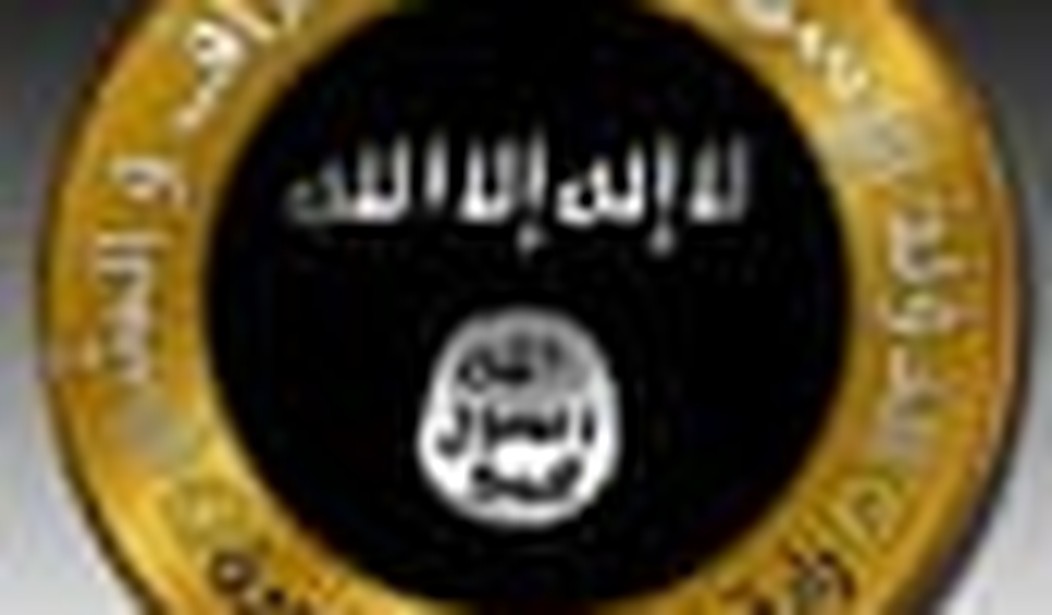The Islamic State organization is continuing to make gains on both the Syrian and Iraqi fronts. The advance and consolidation of the jihadi entity which today stretches from Mosul in Iraq to the outskirts of Aleppo city in Syria is a development of profound importance for the future of the Middle East.
Global media attention has been focused elsewhere in recent weeks, of course. The Gaza war — which has changed precisely nothing — has been hitting the headlines. The real Middle East action, however, is taking place far from Gaza. The Islamic State is on the march.
After its capture of the city of Mosul from the Iraqi government’s forces, IS began to integrate the weapons systems it had captured back into the Syrian battlefield.
An early attempt to destroy the Kurdish Kobani enclave stalled. But the organization enjoyed better fortune against the regime, as it sought to expel Assad’s forces from its positions in the Euphrates valley.
The base of the Syrian Arab Army’s Division 17 fell. IS celebrated in the fashion for which it has become known by massacring 200 members of the garrison who failed to escape in time. A number of their severed heads later appeared on spikes in the city of Raqqa, capital of the Syrian part of the IS domain.
Since then, IS has turned its attentions back to Iraq. In recent days it has captured the towns of Zumar and Sinjar from the Peshmerga forces of the Iraqi Kurds. Around 200,000 people fled after the taking of Sinjar. Most were members of the Yezidi minority, an ancient non-Muslim group whom IS have designated “devil worshippers.”
The capture of Sinjar brings IS to within 10 kilometers of the Mosul hydro-electric dam, the largest in Iraq.
The prospect of IS control of Iraq’s major dams is a chilling one. The Mosul dam holds back tons of Tigris River water which, if allowed to flow downstream, would cause mass flooding in Baghdad (though IS would need to think carefully before doing this, since populated areas under its control are also situated downstream). The coming days will see if the dam falls to the jihadis.
IS is also fighting for the Haditha dam on the Euphrates in western Iraq. It also controls a number of oil fields in northern Iraq and northern Syria. For all the brutal insanity of its ideology, the organization evidently has a good understanding of the means by which power is maintained and wielded in dry, resource-rich countries such as Iraq and to a lesser degree Syria.
The performance of the Kurdish Peshmerga forces came as a shock to many observers. The Kurds are renowned for their skills as fighters. But the Peshmerga of today are not a volunteer force of deeply committed warriors. Rather, they are largely conscripts and have failed to receive either money or supplies from the central government in Baghdad in recent months because of the dispute between the government and the Kurdish leadership in the north.
The Kurds are now defending a 150 kilometer frontline against IS. The KRG has vowed to retake Sinjar. Around 5,000 Syrian Kurdish fighters have crossed the border to help them do so. PKK fighters from the Qandil mountains area are also headed there. It remains to be seen if the counter-attack will succeed.
Meanwhile, far to the west, IS appears to have opened a third front — into Lebanon, in cooperation with other jihadi elements. The extent of the organization’s involvement in the jihadi push into Arsal, in eastern Lebanon, is not yet clear.
Jabhat al-Nusra, the “official’” franchise of al-Qaeda, appears to be the main force among the jihadis in the town. But whichever particular jihadi element forms the majority among the fighters in Arsal, the eruption across the border represents the definitive arrival into Lebanon of the war raging in Syria and Iraq.
Where is all this headed? As of now, the “Islamic State” is in the process of solidifying the rule of utter barbarism across a large swathe of the Levant. Christians are being systematically expelled from areas under IS control, or forced to accept a regime of institutionalized discrimination. The Kurds are uniting to begin a determined attempt to stem the northern advance of IS into the Kurdish regions of both Iraq and Syria.
As the jihadis advance, it ought to be the goal of the U.S. and the west to build a coalition of capable local elements to resist this advance. IS represents a disastrous turn for the region. Such elements exist. The Kurds in both their KDP and PKK iterations are one such force. Further afield, the Jordanians and of course Israel are well-placed to form a bulwark against the jihadis.
Instead of focusing on this most urgent matter, the west is spending its time castigating Israel for maintaining a 1:1 ratio of military to civilian casualties in its recent operation against Hamas. Those whom the Gods wish to destroy, as the old saying goes, they first make mad. The west and all those who are allied with it should be worried indeed.









Join the conversation as a VIP Member